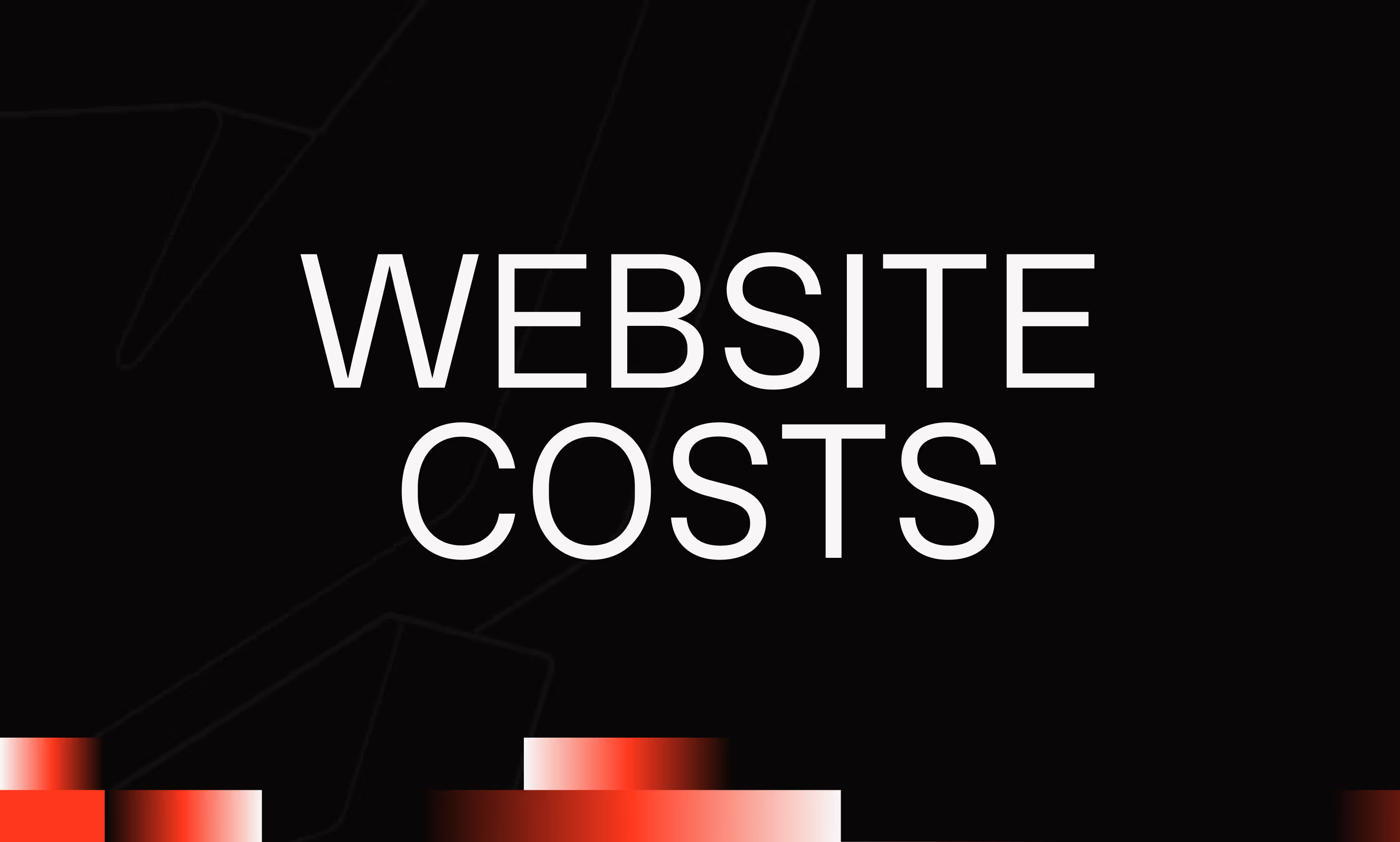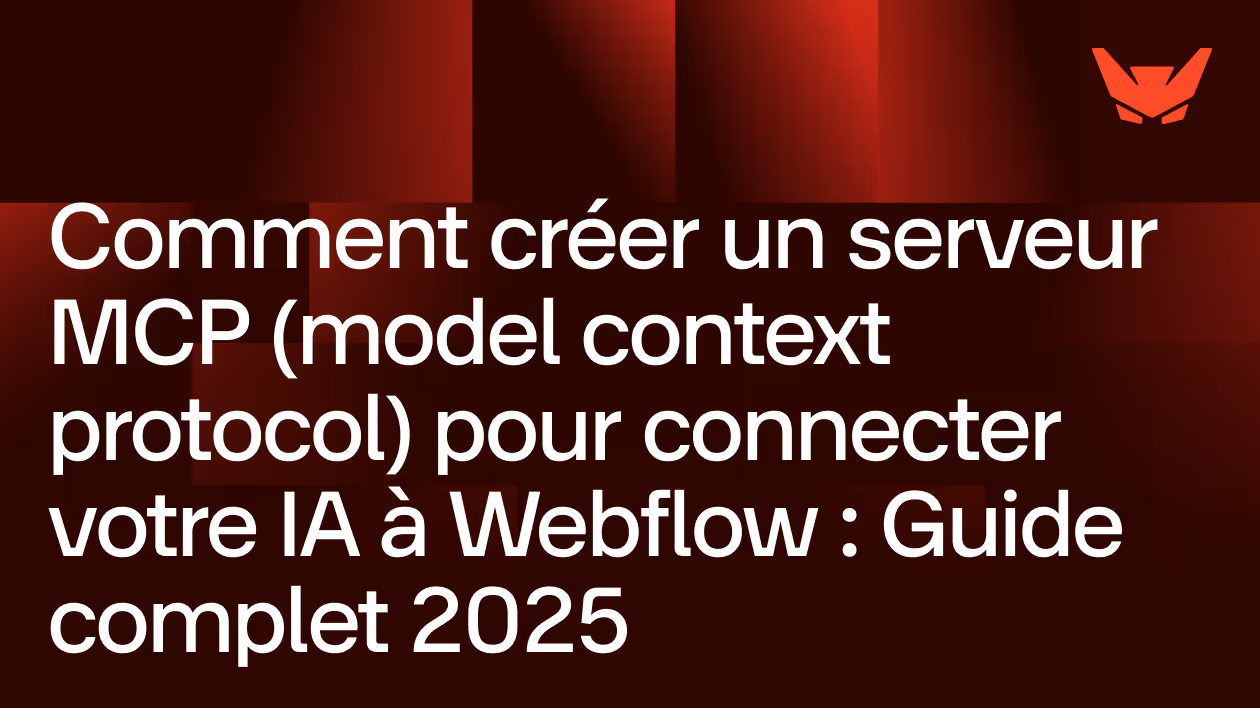Webflow Analyze
Ask the AI to summarize the term
What is Webflow Analyze?
Webflow Analyze is Webflow's native analytics tool, launched in 2024 following the acquisition of Intellimize. This integrated analysis solution allows Webflow users to monitor and analyze the performance of their site directly from the design interface, without the need for external tools.
Webflow Analyze transforms Webflow from a simple site creation tool into a real web experience platform (Website Experience Platform), offering a complete vision of the user journey and business performance.
Main features of Webflow Analyze
Essential traffic metrics
- Total number of sessions and unique users
- Most visited pages and their performances
- Traffic sources and acquisition channels
- Visitor demographics (countries, devices, browsers)
User interaction tracking
- Customized and predefined events
- Clicks on buttons and links
- Form submissions
- Time spent on critical pages
Behavioral analysis
- User journey through the site
- Exit points and bounce pages
- Analysis of engagement by segment
- Detection of bottlenecks
Interface and user experience
Native integration : Direct access from the Webflow Designer via a dedicated panel
View Analyze mode : Page-by-page granular analysis for accurate diagnosis
Visual dashboards : Clear and intuitive presentation of key data
Real time : Ongoing data update for immediate follow-up
Benefits of Webflow Analyze
Unified workflow : No more going back and forth between different tools, everything is centralized in Webflow
Simplified collaboration : Design, development and marketing teams work on the same data
Fast decision making : Insights accessible directly during design
Data consistency : Avoid discrepances between different analytics tools
Pricing and plans
Webflow Analyze follows a pricing model based on session volume:
- 10k sessions/month : $29 (annual)/$39 (monthly)
- 25k sessions/month : $49 (annual)/$69 (monthly)
- 50k sessions/month : $79 (annual)/$99 (monthly)
- 100k sessions/month : $149 (annual)/$199 (monthly)
- 250k sessions/month : $199 (annual)/$269 (monthly)
- 500k sessions/month : $229 (annual)/$299 (monthly)
Webflow Analyze vs Google Analytics
Ease of use : Interface more intuitive than GA4, especially for non-analysts
Native integration : No complex configuration, one-click activation
Design-oriented data : Metrics specifically adapted to the needs of web designers
Performance : Less impact on loading speed than Google Analytics
Current limitations :
- Features less extensive than GA4
- No advanced custom events
- Limited data history
- No complex audience segmentation
Optimal use cases
Webflow agencies : Centralized monitoring of the performance of all client projects
E-commerce sites : Sales funnel analysis and conversion optimization
Corporate sites : Measuring engagement and lead generation
Portfolio and showcase sites : Monitoring the impact of achievements and content
Integration with the Webflow ecosystem
Webflow Optimize : Shared data to feed A/B testing
Webflow CMS : Automatic tracking of content performance
Webflow E-commerce : Native tracking of sales metrics
Webflow Forms : Analysis of form conversion rates
Setup and best practices
Fast set-up :
1. Activation from project settings
2. Choosing the plan adapted to the volume of traffic
3. Setting up basic events
4. Interface team training
Optimizing ROI :
- Definition of clear measurement objectives
- Regular monitoring of key metrics
- Correlation with marketing actions
- Continuous iteration based on insights
Future developments and roadmap
As Google is becoming more and more restrictive with GA4 and third-party cookies heading towards their removal, Webflow Analyze is positioned as a solid and sustainable first-party data alternative.
Planned developments include:
- Advanced custom events
- Extensive audience segmentation
- Integrations with the main CRMs
- Automated reports and alerts
Webflow Analyze represents the future of analytics for Webflow sites: a native, simple and powerful solution that unifies creation and performance measurement in a single environment.


